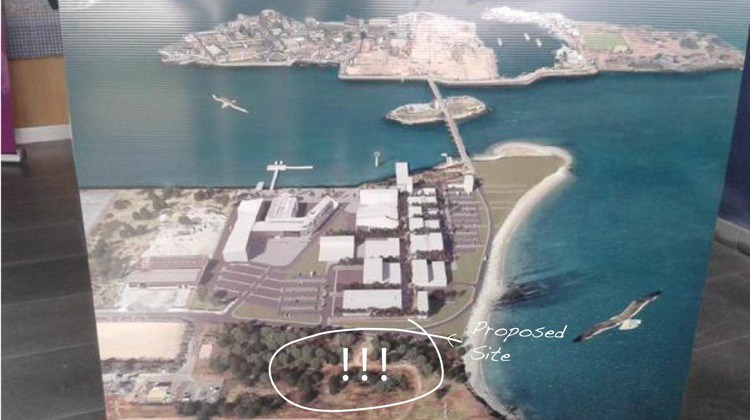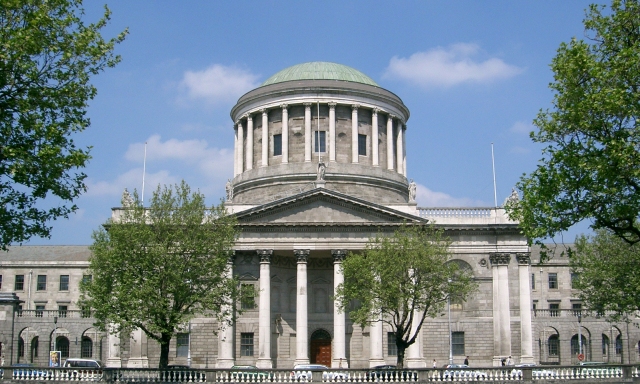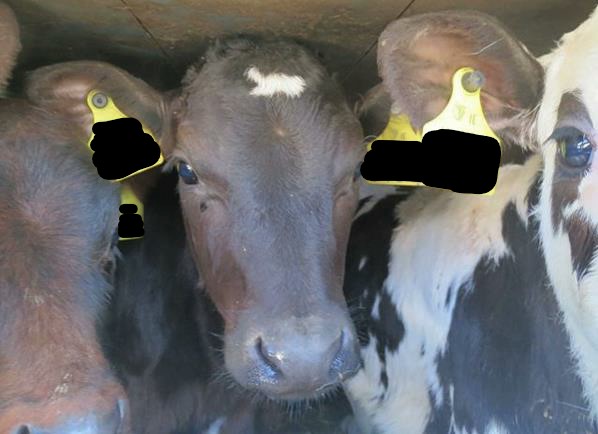Significant ‘procedural error’ in Ringaskiddy incinerator planning process

March 19th, 2019
The High Court has commenced hearing a case brought by a Cork citizens group challenging An Bard Pleanála’s decision to grant planning permission for a controversial incinerator in Ringaskiddy.
The planning authority gave the green light to Indaver Ireland to build a €160 million waste-to-energy plant in Cork Harbour last May despite the recommendation of its own inspector not to grant permission.
Inspector Derek Daly gave five grounds for his recommendation to refuse permission, including air quality, air travel safety, inconsistency with surrounding development in the harbour, lack of consideration of alternative sites and overdevelopment of the site itself.
The Board stated that the development was in line with European, national and regional waste management policy. The decision letter states that the Board “addressed” the inspector’s reasons for recommending the refusal on issues including dioxins and health.
Indaver has been trying to build the multi-million euro waste-to-energy plant since 2001 and this was its third application for permission. The proposed incinerator, which qualifies as Strategic Infrastructure Development (SID), would be able to turn 240,000 tonnes of both industrial and household waste into 25 megawatts of electricity per year.
The applicant in this case – Cork Harbour Alliance for a Safe Environment (CHASE) – alleges that the Board acted unlawfully in the way it dealt with the planning application and in how it arrived at its decision.
During his opening argument, counsel for the applicant, Maurice Collins SC said that there a significant procedural error in this case as the application was made in the name of Indaver Ireland’s parent company, Indaver NV.
Mr Collins told Mr Justice David Barniville that the Belgian company was the entity involved in the lengthy SID pre-application process with the Board.
Under the Planning and Development Act, a prospective SID applicant must enter into consultation with the Board in order to determine if it qualifies as strategic infrastructure prior to making an application for permission.
Mr Collins said that the process was “not consistent” with the statutory regime as the entity that goes through SID pre-application consultation cannot be substituted by another company, in this case, Indaver Ireland, if permission is granted.
It’s no answer to say that planning permission once granted “runs with the land” as the Board and Indaver argue, Mr Collins said.
“That’s not the issue before the court. The issue is if the planning permission is valid… There’s a fundamental problem to grant [planning permission] to a body that was not an applicant,” Mr Collins added.
Mr Collins also raised issues in relation to discrepancies in dioxin data supplied by Indaver in support of its planning application and claims of “objective bias” from a former deputy chairperson of the board who was previously employed with RPS Consultants, a firm involved in prior works for Indaver relating to the Ringaskiddy incinerator.
In his former role with the Board, Conall Boland was “involved in the [SID determination process] from the get-go” and had a “very important role” of presenting [Indaver’s]
Mr Collins argued that Mr Boland’s prior work with RPS Consultants for Indaver should have permanently disqualified him from any involvement in the current project. Mr Boland has made an affidavit addressing claims of the ‘objective bias’ that counsel for the Board is expected to call upon during proceedings.

Protracted History
The incinerator project has a long history, with Cork County Council unanimously voting against the original 2001 planning application for the facility in May 2003.
Indaver appealed the decision to the Board in June 2003, leading CHASE to lodge counter-appeals seeking an oral hearing that was held during September and October 2003.
Although a senior planning inspector recommended that the permission be refused, the Board granted permission, leading several campaign groups to seek a judicial review of the decision in March 2004.
Proceedings were delayed until 2008, during which time planning permission had expired. Indaver applied for permissions on a second occasion in November 2008, this time directly to the Board under the newly introduced Strategic Infrastructure Act.
Opposition subsequently led to a second oral hearing in April 2009. The second application was again subject of a negative assessment by the Board’s inspector and the Board refused permission.
Indaver then brought its own judicial review proceedings that were pending before the court until October 2012 when Indaver indicated that it would not proceed with hearings.
Indaver lodged the third application – now before the courts – in January 2016, with an oral hearing called between April and May that year.
Despite further recommendations from an inspector that permission should not be granted, the Board gave the green light by a majority decision (5 – 2) last year.
The board’s newly-granted permission is subjected to 27 conditions, including a ban on treating toxic waste exported to the State, as well as a tonnage restriction on waste treatment.
The case continues today and is expected to run for two weeks.
[x_author title=”About the Author”]







